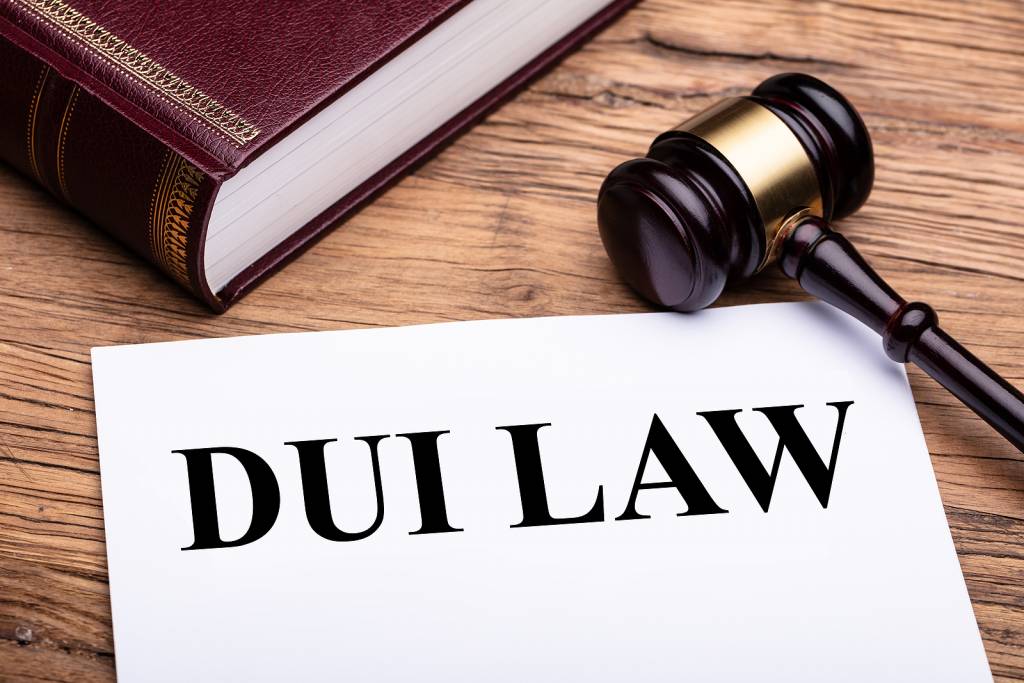There are certain situations when a police officer can pull you over legally and cannot pull you over. Being aware of when this can or cannot happen can help you defend your rights when faced with this kind of situation. It can also be helpful to know what your rights are after you have already been pulled over. This can protect you from an unreasonable search and seizure in which the evidence found could be inadmissible in criminal court. If you think you experienced an unreasonable search and seizure, consider talking with a Tennessee criminal law lawyer to see what your legal options are.
When I Can Be Pulled Over?
Officers tend to pull over drivers based on reasonable suspicion. Some common examples include when an officer suspects you are breaking the law, your car is not functioning correctly, or your car credentials are not up to date. Signs of drunk driving, drugged driving, or reckless driving are other reasons. Breaking traffic laws always justifies an officer to pull someone over.
Reasonable suspicion for traffic stops is defined as a justified suspicion that another person is breaking the law in some way. This is not supposed to be based on mere assumptions or beliefs, but rather, on facts and objective signs of criminal activity. You cannot be arrested or searched fully based on reasonable suspicion alone unless evidence is found to lead to a more thorough search. An officer is only allowed to stop your car, question you, and do a basic frisk search.
You may be worried when an officer pulls you over after you have been drinking some alcohol. While most people know that a Blood Alcohol Concentration of 0.08% or higher will lead to sobriety tests and a possible arrest, not everyone realizes that an officer may still be able to charge you with a DUI if your driving is significantly impaired.
When it comes to any kind of drugged driving, officers will look for cars that swerve or carelessly break traffic laws.
What Are My Rights During a Traffic Stop?
Your rights during a traffic stop are protected under the Fourth Amendment. This amendment protects people and drivers alike from unreasonable searches and seizures. You are also protected from the use of excessive force without proper justification.
You have the right to refuse to answer questions about the suspected crime, but you will still be expected to answer basic questions about your identity and vehicle. Not cooperating with basic questions might lead to escalation and trying to evade an officer can lead to serious charges. The best thing to do is to not panic and cooperate to the best of your ability while protecting your Miranda Rights.
Criminal Law Lawyer in Tennessee
Figuring out how to defend yourself after a traffic stop if you were searched and given criminal charges can be a stressful experience. Call Davis Law Firm at 865-354-3333 to speak with a criminal law lawyer in Tennessee today. We are located in McMinnville, Johnson City, Sparta, Kingston, Crossville, Cookeville, and the surrounding areas. Our team of lawyers will work with you to defend your rights and we may be able to represent you if your case goes to trial.





